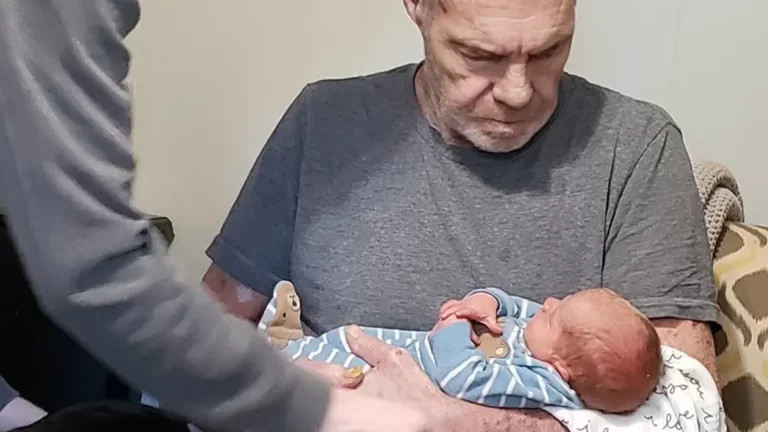As President Joe Biden and Vice President Kamala Harris hit the campaign trail this summer, they touted as one of their administration’s accomplishments the passage of the PACT Act, which provided new benefits for hundreds of thousands of military veterans who were affected by toxic chemicals during their service, and their families.
Embedded in that legislation was the Camp Lejeune Justice Act, which was supposed to compensate victims of what some consider to be one of the worst instances of drinking water contamination in US history. Critics say that initiative has been far less successful.
As many as 1 million people are estimated to have lived or worked at Marine Corps Base Camp Lejeune between August 1953 and December 1987, when the drinking water was heavily polluted with cancer-causing industrial solvents like trichloroethylene, or TCE, and tetrachloroethylene, or PCE.
The Camp Lejeune Justice Act gave people who were exposed to the contamination on the North Carolina base a window of two years to file a claim against the federal government. That window closes Saturday.
The idea was to set up a system to swiftly review cases and compensate people who could prove their connection to the base and specific harm to their health, but advocates for Camp Lejeune victims say it hasn’t worked out that way.
As of August 2, more than 385,000 claims have been filed, but the government has made settlement offers in only 114 – or about 0.03% – of all cases, according to Lt. Cmdr. Joe Keiley, a spokesperson for the US Navy office that’s handling the claims. The Marine Corps is part of the US Department of the Navy. Just 72 people have accepted those offers, and three have turned them down. Attorneys handling the cases say these offers are often low compared with what people have spent fighting cancer and other diseases connected to the contamination. Some people believe they might do better in court. The remainder of the people who’ve been offered settlements haven’t responded, according to the Navy.
“The federal government … promised these men and women some form of accountability through the Camp Lejeune Justice Act, and they just really failed to live up to that promise,” said Andrew Van Arsdale, one of the attorneys who is handling victims’ claims.
The Navy said that some of the claims that have been filed are duplicates and that the total number of cases filed will probably go down once it has weeded those out.“The Department of the Navy remains committed to resolving as expeditiously as possible all valid claims of our Service Members, civilian employees, family members, and all other claims submitted pursuant to the CLJA,” Keiley said in a statement.
If the government fails to act on claims within six months, victims can choose to file a lawsuit, a process that could take years to resolve.
Many don’t have that time: Van Arsdale said that more than 2,000 people whom he’s helped to file claims have died while waiting for a response. In theory, their families could continue the effort, but it becomes a different and more difficult case to make, he said. One of those clients was Terry McClure, whose widow, Denise McClure, has vowed to pursue her husband’s claim. Terry McClure was a baker in the Marine Corps stationed at Camp Lejeune in the late 1970s.
“So he washed his hands in the water a lot, cooked with the water, showered with the water, swam in the water,” his widow said. “He said that he knew that the water smelled bad. It was horrible, and that was basically all they drank was water,” said Denise, 62, who now lives in Louisville, Kentucky.
— CutC by cnn.com


